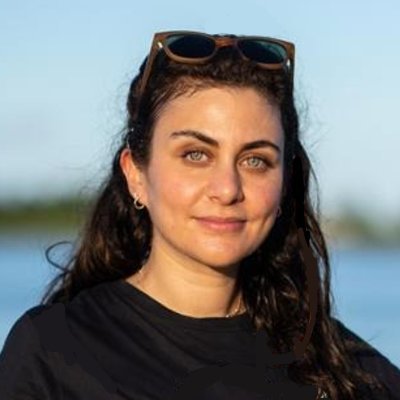The global health system is at a turning point. The initiatives that have driven progress in developing countries since the '90s were established to address problems like HIV, child & maternal health, or safe water. With limited capital, these initiatives delivered catalytic finance that crowded in investment, saving millions of lives and averting trillions in economic losses. We all continue to reap the benefits.
Today we face new and compounding health crises - from chronic diseases, to mental health, ageing populations, and the health impacts of climate change. Evidence-based, cost-effective solutions exist. But the centralised institutions we have relied upon are failing to coordinate an equivalent response. Individual funders and implementers are left to work on piecemeal projects, frustrated by the unresponsiveness and rigidity of the system, and struggling to tap new sources of capital.
We need to break out of the donor-recipient model, and find mechanisms that value global health as a public good. We also need a new way to coordinate project finance, that is transparent, and responsive to emergent health challenges. Unexia is working on a next-generation platform for global health finance. Our vision is a public goods economy for health, in which people autonomously coordinate to build the commons, and health impact is fairly rewarded.


Our health is our collective wealth. In a connected world, we are all impacted by the health of communities on the other side of the planet. Just consider the impact of COVID-19 - or the fact that non-communicable diseases (NCDs) like cancers, alzheimer's and heart disease are projected to cost the world economy $47 trillion by 2030.
Burden of disease
DAH Funding
Non-Communicable Diseases
Other Focus Areas
Sadly not. Of $10 trillion spending on health each year, only $40-70bn goes to global health initiatives (0.4 - 0.7%). This limited spending is itself misaligned with global health priorities. NCDs already account for 64% of the burden of disease and rising, but receive only 2-3% of development assistance for health.
"Some of [your funding] gets lost on the way because of bureaucracy... It happens pretty regularly… My guess is 20%."
"When you’re looking for institutional partners that have your big vision for change… it’s an increasingly smaller group of organizations you can work with…"
"The beaureaucracy is insane... there's no chance we would fund something like that because, having been on the other side - what is our money used for? ... There's no way you can tell that"
"They have pretty much their own strategy, and you will need to fit into that"
"Many...countries 'have steadily lost faith in the legitimacy and fairness of the international system,' which has neither granted them an appropriate voice in global affairs, nor sufficiently addressed their core concerns."
"Venture Capital [for global health] is a joke."
Web3 is disrupting the assumption that public goods can only be delivered by centralised bureaucracies. Two approaches are emerging: decentralised capital allocation for public goods projects; and retrospective token rewards for impact.

In the future, funders and implementers could coordinate and collaborate at scale via decentralised health initiatives that empower them to allocate funding towards projects in any health impact area with unprecedented speed and transparency.



We envision a world in which successful health projects are rewarded with impact tokens that reflect the social value of their work - doing for health what carbon standards have done for climate change.

Headspace; Advisor to Australia Prime Minister's Strategy Division

United Health Futures; Co-founder of Stema; UK Young Australian of the Year

WHO; Advisor to UN Secretary General Commission on Health Employment & Economic Growth, Advisor to G20

Founded Planet.Health; Advisor to UK Parliament on Web3 + Metaverse
Email: info@unexia.org
Or enter your details below to be notified of our progress.